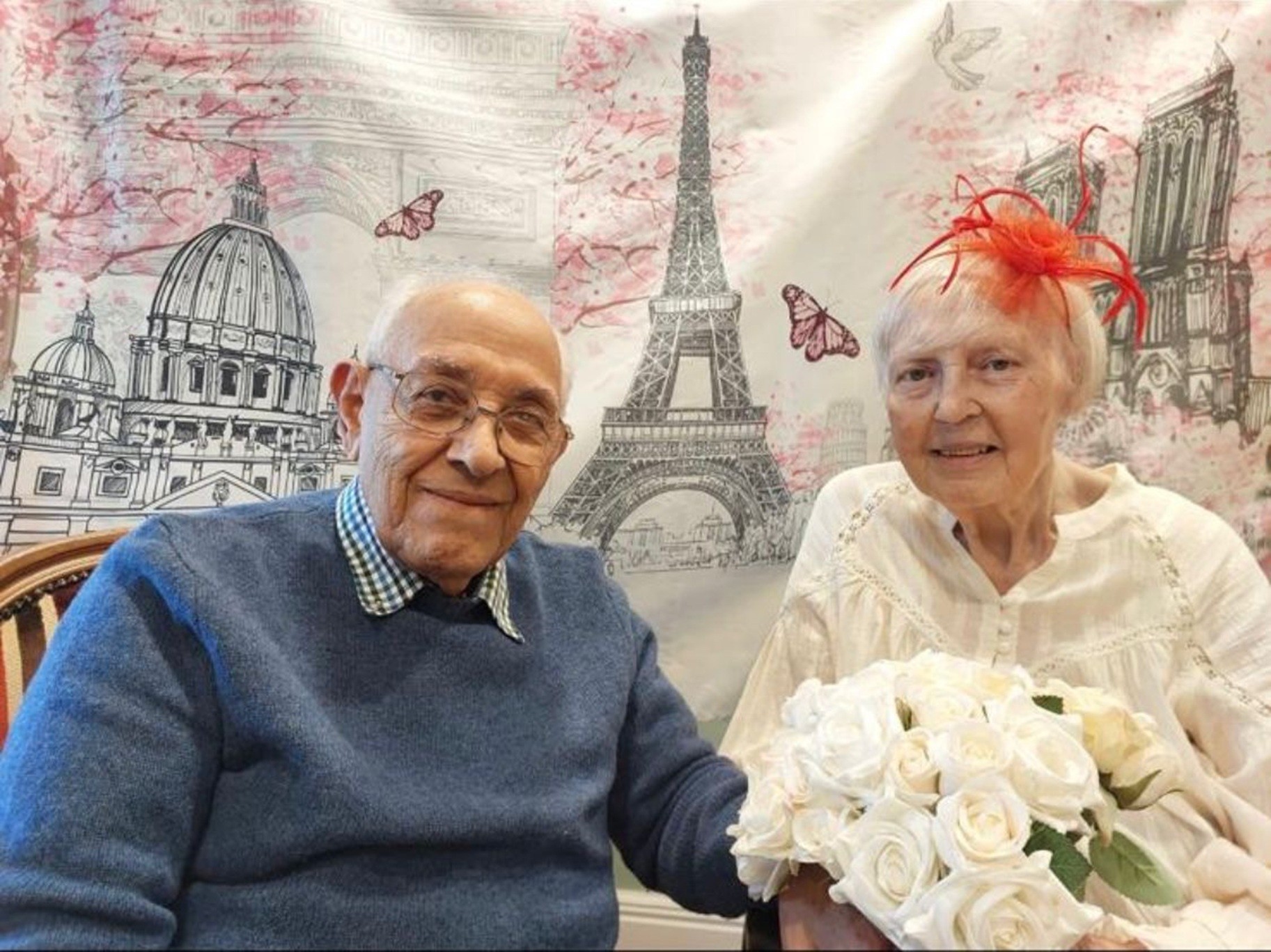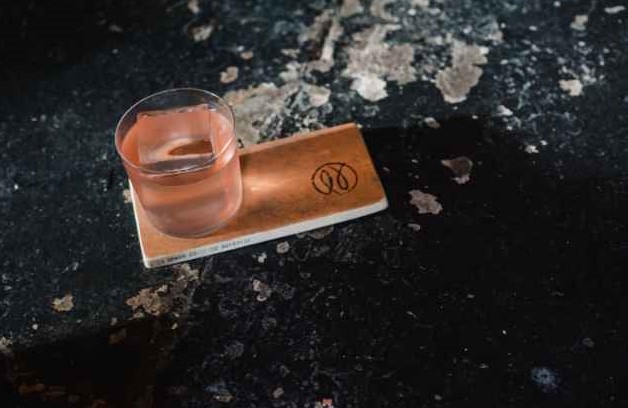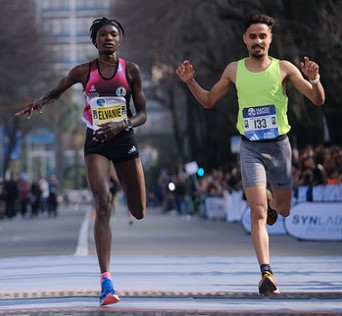Rhys McClenaghan won Olympic pommel horse gold for Ireland as Team GB's Max Whitlock finished out of the medals in his final competition before retirement.
The world champion, from Northern Ireland, posted 15.533 to edge out Kazakhstan's Nariman Kurbanov (15.433) and American Stephen Nedoroscik (15.300). Defending Olympic champion Whitlock, who was seeking to become the first gymnast to win medals on the same apparatus at four successive Games, was just 0.100 off the podium in fourth.
McClenaghan, 25, was the top qualifier for the eight-man final and put in an even better routine to win a third gold for Team Ireland in Paris in front of a packed Bercy Arena with plenty of noisy support for him. "When I was looking around that arena after my pommel routine, and I'd scored a personal best score, the emotions were through the roof," McClenaghan said.
"I was incredibly proud to do all of the Irish fans here proud today and create history for the country." Whitlock had been the second gymnast to compete and could only watch on while those following leaped above him on the scoreboard.
He was emotional afterwards but said he did not want anyone to think he was not happy. "It's gutting, of course it is, and it's very disappointing," he said.
"But I'm done now, I've done my final routine and I can be very happy." Jake Jarman won bronze on the floor for Team GB's first artistic gymnastics medal of the Paris Games, but Whitlock - Britain's most successful gymnast - heads into retirement with two fourth-place finishes here after the team final ended that way too.
Three years ago, a mistake in the final left McClenaghan seventh, but since then he has barely put a hand wrong on an unforgiving apparatus where strength, co-ordination and control are key. "I knew it was possible,” he said.
“I knew it was possible back in Tokyo as well, but it didn't happen. This was the comeback I needed, and it happened."
He is a two-time pommel horse world champion, a three-time European gold medallist and a Commonwealth Games winner. Now he has completed the ultimate medal set - a sort of gymnastic 'Grand Slam' - with Olympic gold.
Before these Games, it had been 36 years since an athlete from Northern Ireland had won a gold medal. But after swimming wins for Daniel Wiffen and Jack McMillan and Hannah Scott's victory as part of the GB rowing team, it is now four at one Olympics.
With this medal barely around his neck, McClenaghan was already planning how to work towards his next. "There's always room for improvement,” he said.
“I want to go back into the gym right now and work on the improvements, but my coach won't let me probably. That's OK. I think he's right in this situation, we need to celebrate our Olympic title."
Whitlock bowed out from his glittering career without the medal and record he had been chasing since returning to the sport. The 31-year-old had considered retiring after successfully defending his title at Tokyo, taking an 18-month break from the sport to deal with mental health struggles.
But he returned, motivated in large part by the desire to win in front of his young daughter Willow. The five-year-old has been one of her father's most vocal supporters in the stands at the Bercy Arena.
"It's very raw at the moment and I would have loved for it to end in a better way here in Paris," Whitlock, who was fighting back tears, said.
"But I do not want anyone to look at the way I am feeling now and think that it is a reflection of my career. I am so proud standing here.
"It was a challenge getting here. I could have quit after Tokyo and I decided to come back.
"I gave it every shot I possibly can, I'm here today and I'm grateful for the journey I've had." His Olympic journey started at London 2012 with a bronze on pommel horse, as well as a historic first - and still only - bronze in the men's team event.
Four years later in Rio, Whitlock became Britain's first all-around medallist for 108 years when he took bronze and then became GB's first individual Olympic gold medallist by winning the floor and pommel horse titles. But he missed out on a medal in Paris, having qualified for the final in third place.
He had performed an upgraded routine in the team event, raising the prospect he could win a third successive gold - but his rivals also increased their difficulty levels and he could only clap their efforts. Whitlock retires with a collection featuring six Olympic medals, three World Championship golds, four European titles and four Commonwealth Games golds.
He leaves his sport in good hands, though, with youngsters like Jarman showing they can continue his legacy. Five days after helping GB to an agonising fourth-place finish in the team event, Jarman made sure he would be going home with a medal on his Olympic debut with a routine that scored 14.933.
He was just 0.033 behind silver medallist and defending champion Artem Dolgopyat of Israel, while Carlos Edriel Yulo won the gold - the Philippines' first Olympic gymnastics medal - with a jaw-dropping routine that scored 15.000.











